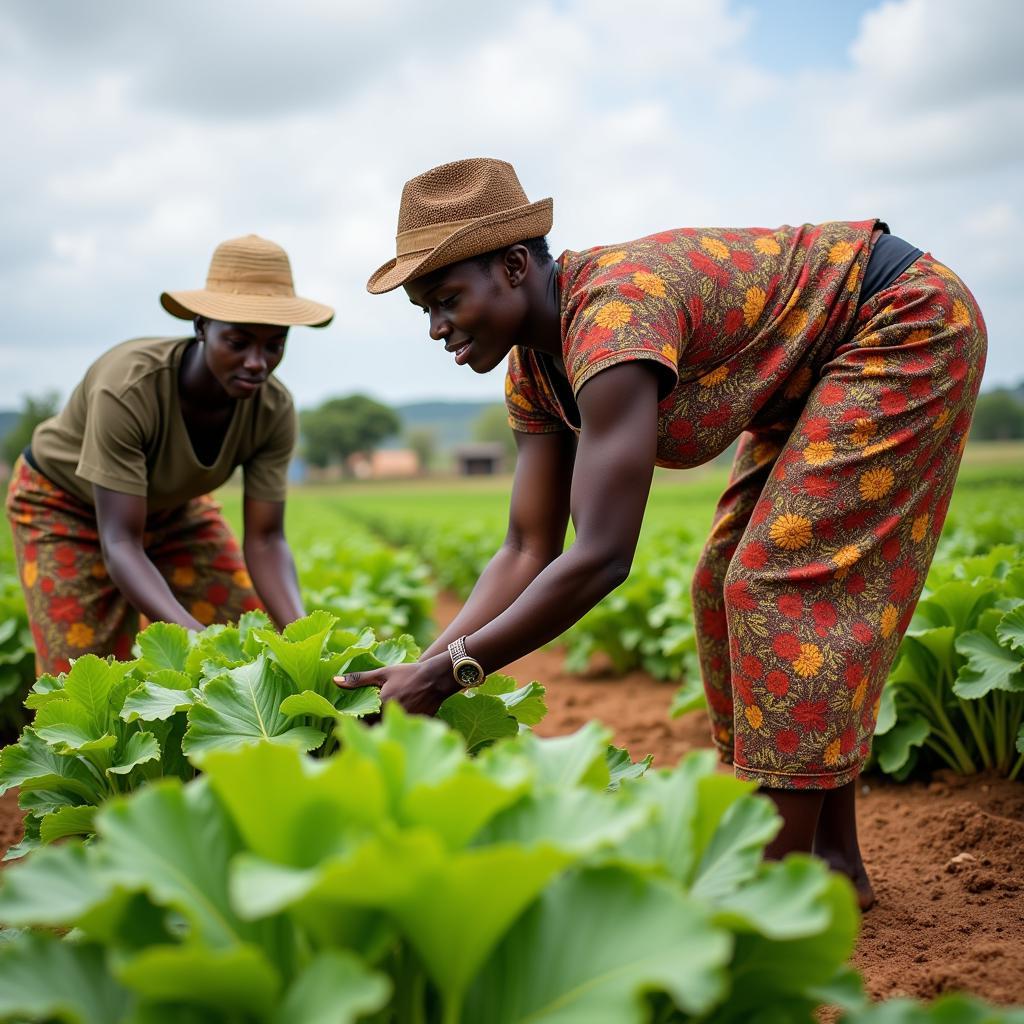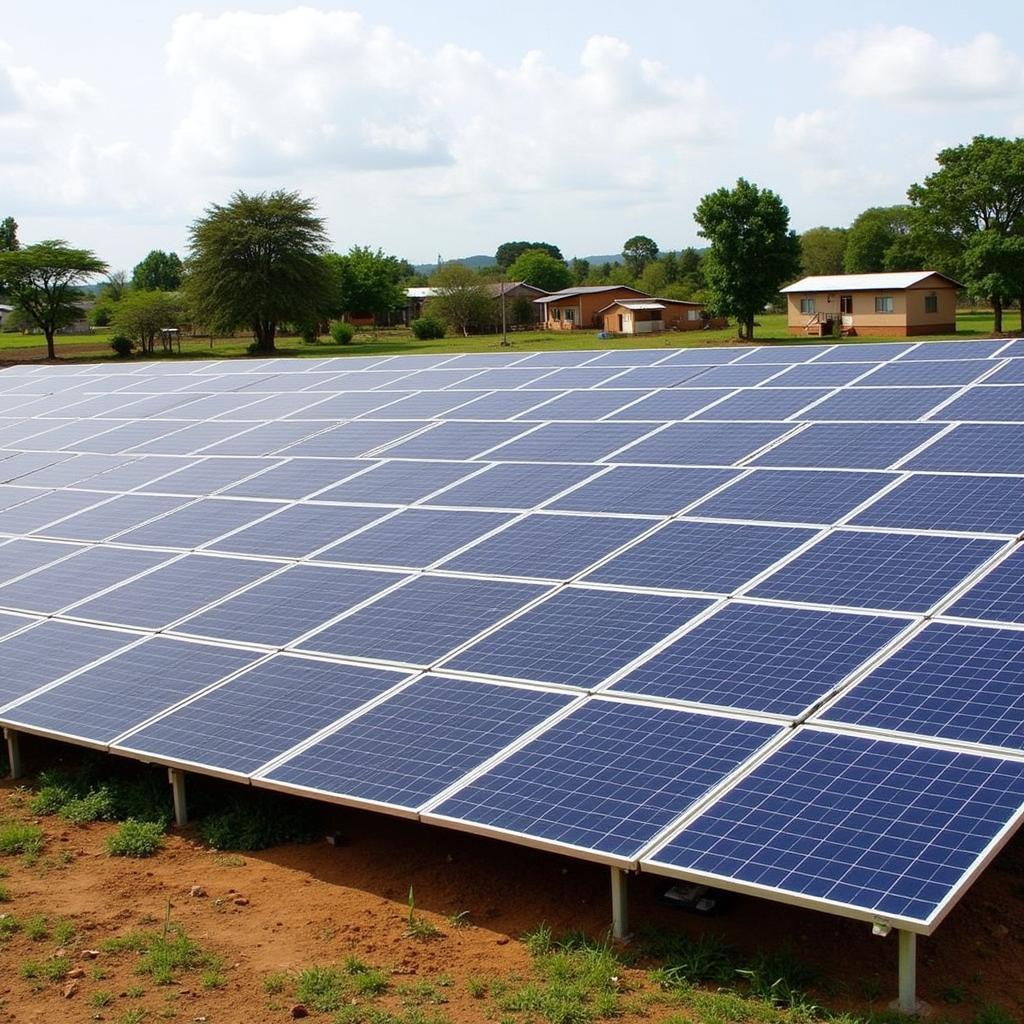Exploring African Countries Absent from the Hunger Index
The Global Hunger Index (GHI) serves as a stark reminder of the challenges many nations face in combating food insecurity. While numerous African countries unfortunately appear on this index, an intriguing question arises: Are there African countries entirely absent from the GHI, and if so, what factors contribute to their absence?
While it’s challenging to pinpoint any African nation entirely excluded from every iteration of the GHI, certain countries often escape the spotlight due to data limitations or their relatively better performance in combating hunger. However, it’s crucial to acknowledge that absence from the GHI doesn’t necessarily signify the complete eradication of hunger or food insecurity within a country.
Unveiling the Complexities of Food Security in Africa
The GHI utilizes a multi-dimensional approach, factoring in undernourishment, child wasting, child stunting, and child mortality rates to assess a country’s overall hunger situation. However, this approach might not fully encapsulate the nuanced realities of food security within diverse African nations.
For instance, a country might exhibit relatively low levels of undernourishment but still grapple with significant pockets of micronutrient deficiencies or geographical disparities in food access. Additionally, factors like conflict, political instability, climate change, and economic disparities can significantly impact a country’s food security, even if they aren’t fully reflected in the GHI.
Beyond the Index: Highlighting African Success Stories
Despite the challenges, several African nations have made commendable progress in improving food security and reducing hunger. These countries often implement comprehensive strategies encompassing agricultural development, social safety nets, and investments in education and healthcare.
 African farmers working together in a field
African farmers working together in a field
For example, countries like Botswana and Mauritius have made significant strides in reducing poverty and improving access to education and healthcare, leading to positive impacts on their overall food security. Similarly, countries like Ethiopia and Rwanda have implemented successful agricultural initiatives, boosting local food production and improving rural livelihoods.
The Importance of Context and Collaboration
Analyzing the hunger situation in any country, particularly within the diverse continent of Africa, requires a nuanced understanding of local contexts, historical factors, and ongoing challenges. While the GHI provides valuable insights, it’s essential to complement this data with qualitative research, on-the-ground observations, and community perspectives to paint a holistic picture.
“Addressing hunger in Africa requires a multi-sectoral approach,” states Dr. Aminata Diallo, a leading expert in food security and sustainable agriculture in Africa. “We need to empower local communities, invest in climate-resilient agriculture, and strengthen social safety nets to ensure long-term food security for all.”
Collaboration between governments, international organizations, local communities, and researchers is paramount to effectively address the root causes of hunger and build sustainable food systems across the African continent.
Looking Ahead: Towards a Food-Secure Future
While the absence of specific African countries from the GHI might spark curiosity, the ultimate goal remains achieving a hunger-free Africa. This requires a shift from simply measuring hunger to actively addressing its underlying causes.
 A happy African family sharing a meal together
A happy African family sharing a meal together
By embracing innovative solutions, promoting sustainable agricultural practices, and prioritizing equitable access to food and resources, African nations can pave the way towards a future where hunger becomes a relic of the past.
In conclusion, while the absence of a specific African country from the Hunger Index might raise questions, it’s crucial to recognize the complexities of food security and acknowledge the ongoing efforts across the continent. By focusing on sustainable solutions, collaboration, and empowering local communities, Africa can move towards a future where food security is a reality for all.



